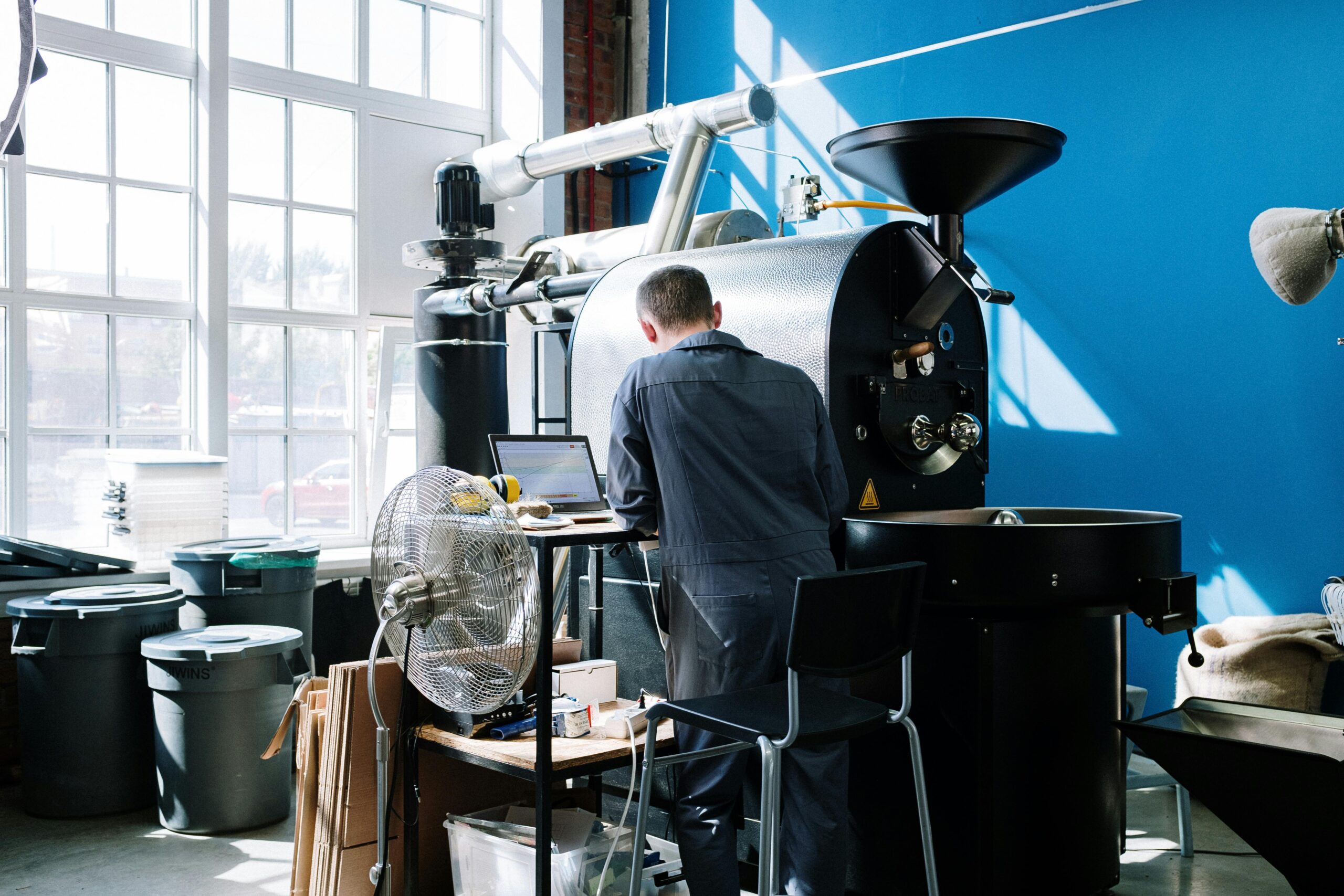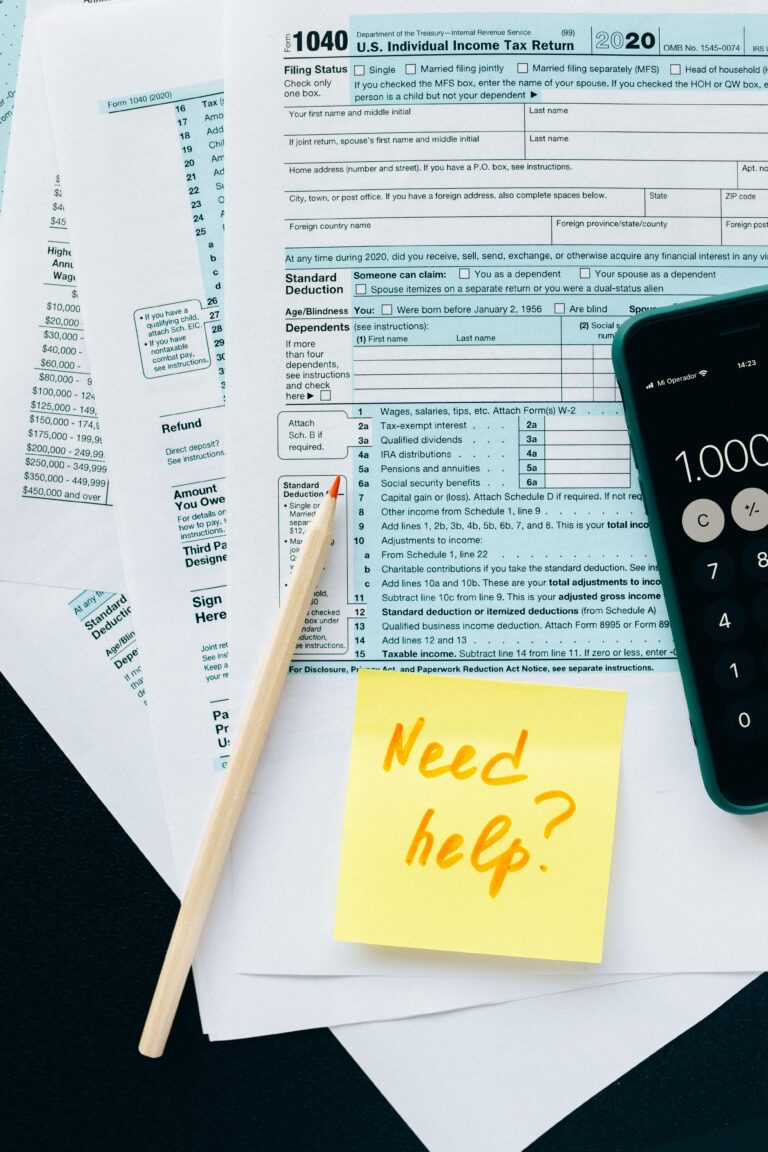Did you know that Thailand’s organic food market is growing at 6.8% annually, with organic packaged food consumption projected to reach nearly $33 million USD in 2024? Meanwhile, organic food sales grew at 7% annually compared to just 5% for conventional foods, and Thai consumers are willing to pay 10-20% more for organic products.
For BOI organic food manufacturing businesses, Thailand’s Board of Investment (BOI) offers extraordinary incentives that can transform your business economics: up to 8 years of corporate income tax exemption, import duty reductions, and 100% foreign ownership with the ability to hire foreign experts. But qualifying for BOI promotion organic food processing requires understanding specific requirements and strategic planning.
This guide covers everything you need to know about BOI company setup in Thailand specifically for organic food manufacturing businesses.
Why BOI Organic Food Manufacturing Makes Sense for Your Business
BOI company setup Thailand isn’t just about tax savings—it’s about building a competitive advantage in Thailand’s rapidly growing organic market.
Financial Benefits That Transform Your Business Model
Corporate Income Tax Exemption: Up to 8 years of complete CIT exemption on promoted activities, potentially saving millions in taxes during your growth phase.
Import Duty Reductions: Significantly reduced duties on machinery, equipment, and raw materials essential for organic food production.
Double Deduction: Eligible expenses for research, development, and technology improvement can be deducted at 200% of actual cost.
100% Foreign Ownership: Unlike standard Thai companies limited to 49% foreign ownership, BOI companies can be 100% foreign-owned.
Operational Advantages
Foreign Expert Hiring: Ability to hire foreign managers and specialists without standard work permit restrictions.
Land Ownership Rights: BOI companies can own land for factory operations, subject to certain conditions and capital requirements.
Streamlined Processes: Fast-track approvals for various permits and licenses related to your manufacturing operations.
Regional Headquarters Benefits: Additional incentives if you establish Thailand as your regional hub for organic food operations.
Thailand BOI Organic Certification Requirements for Manufacturing
The Thailand BOI organic certification requirements differ significantly from other food categories and must be carefully planned.
Activity Classification: Your organic food manufacturing must fall under Category 1.2.6.3: Manufacture of Organic Food in the BOI promotion list.
Eligible Products: Organic processed foods, organic beverages (excluding certain categories), organic food ingredients, organic baby food, organic snacks.
Excluded Products: Sugar, sports drinks, diluted juices, energy drinks, alcoholic beverages, drinking water, flavored and non-flavored soda, carbonated beverages, vitamin water, and flavoring drinking water are specifically not promoted.
Mandatory Organic Certification Requirements
International Standards: Your BOI organic food manufacturing project must be certified by recognized international organic agriculture standards such as:
- International Federation of Organic Agriculture Movements (IFOAM)
- Canada Organic Regime (COR)
- The National Organic Program (NOP)
- Equivalent international standards approved by BOI
Certification Timeline: You must obtain organic certification after receiving BOI approval but before your BOI operation deadline, which is typically 2-3 years from approval date.
Ongoing Compliance: Maintain organic certification throughout the BOI promotion organic food processing period to retain benefits.
Minimum Investment Requirements
Capital Investment: Minimum 10 million THB in fixed capital (machinery, equipment, factory construction) for most organic food manufacturing activities.
Technology Requirements: Investment in modern, efficient production technology that meets international standards for organic food processing.
Environmental Standards: Compliance with environmental protection requirements and sustainable manufacturing practices.
Strategic Planning: Choosing Your BOI Company Setup Thailand Structure
Investment Scale Considerations
Small to Medium Operations (10-50 million THB):
- Focus on niche organic products with high margins
- Leverage tax exemptions to reinvest in market development
- Consider co-packing arrangements to optimize capacity utilization
Large Operations (50+ million THB):
- Comprehensive product lines targeting mass market
- Regional distribution hub potential
- Vertical integration opportunities (organic ingredient production)
Product Strategy for BOI Qualification
- Primary Products: Focus on organic processed foods that clearly qualify under BOI guidelines Value-Added Processing: Organic food ingredients, organic meal components, organic specialty foods Market Differentiation: Products that serve Thailand’s growing health-conscious consumer segment
The BOI Application Process: Step-by-Step Guide
Phase 1: Pre-Application Preparation
- Business Plan Development: Comprehensive business plan covering market analysis, financial projections, technology plans, and organic certification strategy.
- Site Selection: Identify and secure a manufacturing location, considering BOI zone benefits and operational requirements.
- Organic Certification Planning: Begin international organic certification process to meet Thailand BOI organic certification requirements, as this can take 6-12 months to complete.
- Technology Assessment: Finalize machinery and equipment specifications, ensuring they meet both BOI requirements and organic processing standards.
Phase 2: BOI Application Submission
- Application Package: Submit complete BOI application including business plan, financial statements, technology descriptions, and organic certification plans.
- Supporting Documentation: Provide evidence of management experience, technical capabilities, and financial capacity.
- Initial Review: BOI conducts preliminary review and may request additional information or clarifications.
Phase 3: BOI Evaluation Process
- Technical Review: BOI evaluates your technology, manufacturing processes, and organic compliance plans.
- Site Inspection: BOI officials may visit proposed manufacturing location to verify suitability.
- Committee Review: BOI committee reviews application and makes approval decision.
Phase 4: BOI Company Setup Thailand and Implementation
- Promotion Certificate: Receive official BOI promotion certificate with specific conditions and timelines.
- Company Registration: Register BOI company setup Thailand with enhanced foreign ownership and operational privileges.
- Implementation Timeline: Begin factory construction, machinery installation, and organic certification completion within specified timeframes.
Financial Planning and ROI Analysis
BOI Tax Benefits Quantification
- Corporate Income Tax Savings: Calculate 8-year tax exemption value based on projected profits Import Duty Savings: Estimate savings on machinery imports (often 10-30% of equipment cost) Double Deduction Benefits: Factor in R&D expense deductions for technology improvements
- Example Calculation for 50 Million THB Investment:
- Annual profit: 15 million THB
- 8-year tax savings: 24 million THB (8 years × 15 million × 20% tax rate)
- Import duty savings: 5 million THB (machinery imports)
- Total benefits: 29 million THB over promotion period
Investment Timeline
Year 1: Company setup, factory construction, equipment installation Year 2: Organic certification completion, production startup, initial market development Years 3-8: Full production, market expansion, tax-free profit accumulation Years 9+: Post-promotion operations with established market position
Your Organic Food Manufacturing Future
Thailand’s BOI organic food manufacturing market presents exceptional opportunities for manufacturers with proper BOI promotion and certification. The combination of growing consumer demand, premium pricing tolerance, and substantial BOI company setup Thailand tax incentives creates a unique window for establishing profitable organic food operations.
The companies that act now to secure BOI promotion organic food processing will be best positioned to capture market share in this rapidly expanding segment. Your BOI organic food manufacturing setup isn’t just about tax savings—it’s about building a foundation for sustainable competitive advantage in Thailand’s health-conscious consumer market.
Your next step is developing an integrated strategy that aligns BOI requirements, organic certification timelines, and market entry objectives for maximum business impact.
Ready to explore BOI organic food manufacturing for your business? Our experienced team specializes in BOI company setup Thailand and coordinating applications with Thailand BOI organic certification requirements, ensuring your project meets all deadlines and maximizes available benefits. Contact us today for a consultation on your Thailand expansion strategy.







